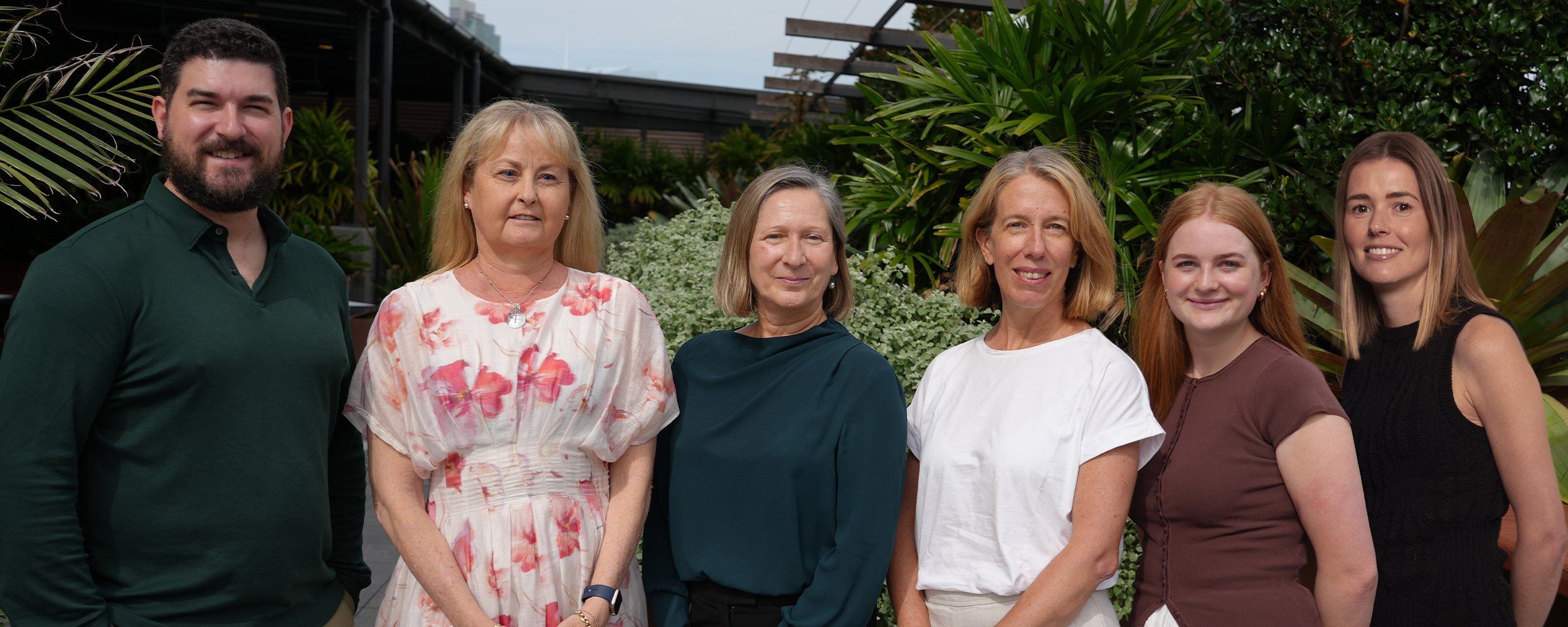 Westpac has launched its Access and Inclusion Plan for 2025-2028, crafted with input from stakeholders, the Access and Inclusion Committee, the Access and Inclusion team, and the celebrated ABLE Employee Advocacy Group.
Westpac has launched its Access and Inclusion Plan for 2025-2028, crafted with input from stakeholders, the Access and Inclusion Committee, the Access and Inclusion team, and the celebrated ABLE Employee Advocacy Group.
The plan introduces a robust framework of strategic initiatives centered on three pivotal areas: Westpac’s customers, its workforce, and the broader community.
Anthony Miller, CEO of Westpac Group, emphasized the significance of these endeavors, stating, “We believe there should be no barriers to building deep and enduring customer relationships, being a place where the best people want to work, and being a leader in the community.” He continued, “Our Access and Inclusion Plan (2025–2028) builds on our 25-year legacy of working to deliver equal access for all, supporting people with visible and invisible disability and their carers, people who are injured, ill, or neurodivergent.”
Read more about Westpac’s Access & Inclusion Plan 2025-2028.
Westpac’s commitment to access and inclusion is exemplified by its recent accolades. In 2024, Westpac was recognized as a Top Performer in the Australian Disability Network’s Access and Inclusion Index. Additionally, the ABLE Employee Advocacy Group, established in 2010, earned the Disability Employee Network of the Year award just last month.
The Award judges said Westpac’s ABLE Employee Advocacy Group exemplifies excellence in fostering connection and support for employees with disability. The group, driven by passionate volunteers, has seen remarkable growth, with membership rising by 19% in the past year.
The ABLE network, which stands for Assisting Better Lives for Everyone, advocates for individuals with visible and invisible disabilities, carers, neurodivergent individuals, and those facing mental health challenges. Their contributions are diverse and impactful. Through initiatives like their monthly podcast, “The ABLE Poddy,” employees share authentic lived experiences, and community forums provide safe spaces for carers and neurodivergent members to offer mutual support and collaboration.
Their advocacy extends to practical measures, such as promoting Autism Acceptance Month activities, securing neurodiversity-friendly equipment, and revising workplace policies. These efforts showcase how employee-led networks can drive meaningful progress and foster a culture of genuine inclusion.